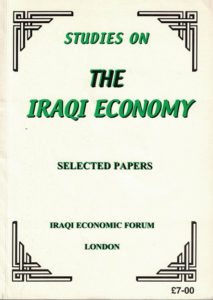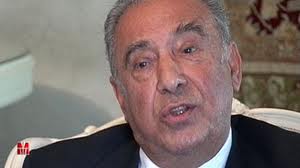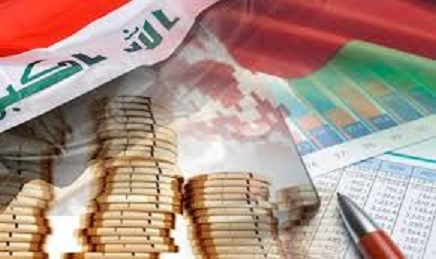
FORWARD
(I)
Since its establishment in 1994, the Iraqi Economic Forum (IEF) has been active in organising lectures and seminars in London on economic themes mainly relating to the Iraqi economy. A notable joint effort was the collaboration of the Centre for Arab Gulf Studies at the University of Exeter with IEF in organising an international conference in July 1997 on Iraq’s Economy in Peace and War.
Regrettably, the texts of all the lectures, delivered by academic scholars and working economists, were either not kept on file or were not handed by the lecturers to IEF; some of them in fact were not committed to writing. This meant that the selection to be included in this book, the first collection of its kind published by IEF, lacks the comprehensiveness that we have wished. Summaries of some of these lectures were published in IEF’s newsletter the Iraqi Economist.[1] But these summaries do not do full justice to the papers and for that reason were not included in this collection.
(II)
The IEF apologises to all those economists who have contributed to its lecturing programme or the Iraqi Economist for not including their papers in this collection. It is our hope, once necessary financing becomes available, to issue a sequel to this book containing the texts that were not reproduced here, after acquiring them from their authors. Thus, redeeming some of our obligations towards them.
(III)
The themes of war and sanctions and their devastating consequences assume priority in the economic debate on Iraq’s present and future economic directions. The immediacy of such concern is understandable. Yet, it is regrettable that this debate among Iraqi economists and those concerned with public affairs has been mainly confined to dealing with the consequences of war and sanctions. This is laudable in itself but insufficient especially when it is shrouded in pessimism, stressing the negative factors: the stupendous cost of the two Gulf wars, the extensive damage to the infrastructure, impact of sanctions on capital formation and accumulation, the debt burden and the cost of rebuilding the economy, etc.
(IV)
It is hoped that this book venture will stimulate economists to address the fundamental challenges facing the Iraqi economy now and in the long run and not merely listing cost items. Presumably, what is needed, in conjunction with the stock-taking approach of the colossal costs of wars and sanctions, is the elaboration of a model for the Iraqi economy. By way of example, this may commence with ascertaining what model, if any, was used. What lessons can be learned from disregarding ‘economic laws’? How the economy and polity interfaced? Should the two be linked or de-linked? Is there a need for an economic model that has the support of the political parties? The almost total silence on the future nature of the Iraqi economy is glaring and the field is therefore open for fundamental research and not mere polemics.
There is, however, consensus on the pivotal role of oil production and the revenues derived from its export. These revenues, and for a long time, have been crucial in both the growth of the economy and distortion of Iraq’s economic development apart from their domestic, regional and international dimensions, e.g. underpinning the rentier state and a form of state fascism. Examination of aspects of oil revenues underlies most of the papers in this book [2]but they fall short of a sustained comprehensive critique the use and misuse of oil revenues and the development of the economy.[3]
(V)
The Iraqi economy is, and has indeed been, in acute crisis for well over three decades and it is in great need for more research. A new polity and economy are needed for the transformation of Iraq, and Iraqi economists are called upon to make a substantive contribution to delineating some aspects of the as yet undefined transformation.
Management Committee
Iraqi Economic Forum, January 2002
[1] The first issue of this modest bulletin was issued in April 1996.
[2] The only exception is Ahmed Jiyad’s paper. We were hoping to obtain his study on “The Capacity of the Iraqi Economy to Service Foreign Debts” delivered as a lecture in London at the invitation of IEF on 20 February 1998. For technical reasons we were not able to secure the text of that lecture. The present text is relevant to the prospects of the Iraqi economy under the prevailing globalised environment.
[3] The study by Dr Sabri Al-Saadi: “The Grave Economic Crisis in Iraq and the Dilemma of Development and Democracy in the Arab Countries: Foreign Challenges and Arab Relations in the Economic Project for Change” may answer some of the issues raised here. We are grateful to the author for permitting the inclusion of his study in this book.
Download selected papers as PDF file. Click on following link
Book Studies on the Iraqi Economy-Content, forwarad and text of all papers-English








Comment here